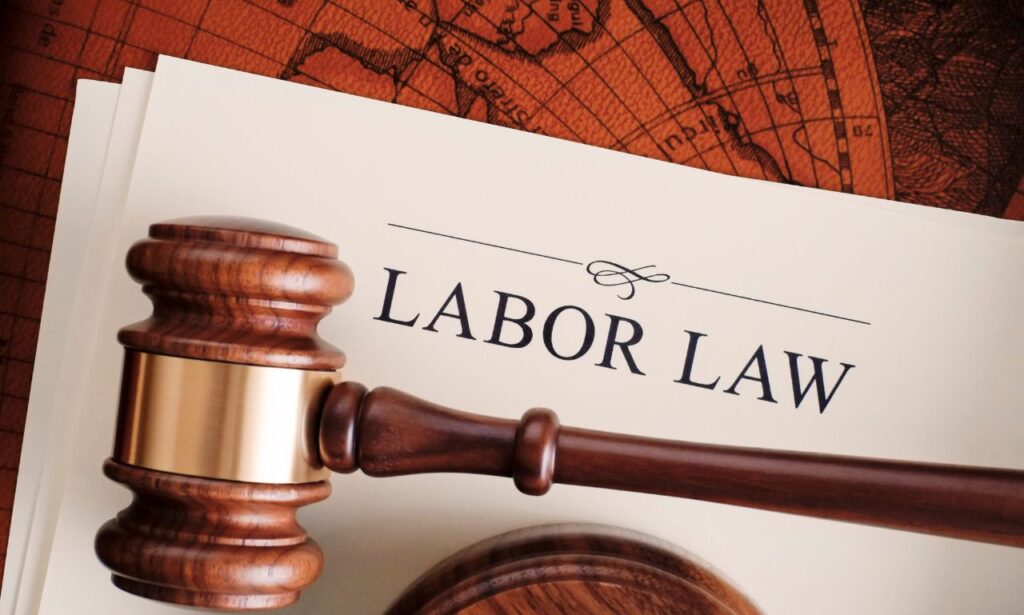
Work environments have a profound impact on the well-being and productivity of employees. Labor laws and regulations are crucial in creating fair and equitable workplaces. These laws protect workers’ rights, ensure safe working conditions, and promote harmonious employer-employee relationships. Eric Langston explores the significance of labor laws and regulations in shaping work environments and the positive outcomes they bring to both employees and employers.
Safeguarding Workers’ Rights
Labor laws are instrumental in protecting the fundamental rights of workers. These rights encompass fair wages, reasonable working hours, and freedom from discrimination and harassment. By defining the minimum wage, maximum working hours, and overtime rules, labor laws prevent employers from exploiting their workforce and ensure employees’ basic standard of living.
Furthermore, anti-discrimination laws prohibit employers from discriminating against employees based on race, gender, religion, age, disability, or other protected characteristics. These laws foster a diverse and inclusive work environment. Employees can thrive irrespective of their background.
Establishing Safe Working Conditions
One of the primary concerns of labor laws is to guarantee a safe and healthy work environment. By enforcing strict regulations on workplace safety, governments ensure that employers take appropriate measures to prevent accidents and injuries. Employers must provide safety training and protective equipment and maintain proper protocols to minimize risks. Ensuring safe working conditions protects employees from physical harm and creates a sense of security and well-being, increasing job satisfaction and productivity.
Encouraging Fair Employment Practices
Labor laws promote fair employment practices, such as collective bargaining and unionization. These practices give employees a collective voice, allowing them to negotiate better wages, benefits, and working conditions. Unions are crucial in bridging the power gap between employers and employees, leading to more balanced work environments. Additionally, labor laws often outline procedures for handling disputes and grievances, creating a transparent and equitable framework for resolving conflicts in the workplace.
Balancing Work-Life Harmony
Work-life balance is essential for the overall health and happiness of employees. Labor laws often include provisions for paid time off, parental leave, and sick leave, enabling workers to maintain a healthy balance between their personal and professional lives. Promoting work-life harmony boosts employee morale and loyalty, enhances productivity, and reduces burnout.
Fostering Social And Economic Development
Labor laws and regulations are vital in fostering social and economic development. They reduce income inequality and promote social cohesion by ensuring a fair distribution of wealth. Moreover, when workers are treated fairly and have access to better working conditions, they are more likely to invest in their personal development and contribute to the economy. This, in turn, leads to increased consumer spending and economic growth.
Improving Employee Engagement And Productivity
A positive work environment, supported by labor laws, directly impacts employee engagement and productivity. When employees feel valued, respected, and protected, they are more likely to be motivated and committed to their work. Labor laws also promote training and skill development opportunities, which empower employees to enhance their capabilities and contribute more effectively to their organizations.
Encouraging Responsible Corporate Citizenship
Labor laws and regulations encourage businesses to act as responsible corporate citizens. These laws outline the ethical standards and social responsibilities companies must adhere to while conducting their operations. Compliance with labor laws reflects an organization’s commitment to treating its employees fairly and upholding human rights.
Responsible corporate citizenship goes beyond meeting legal requirements. It involves voluntary initiatives to support the community, protect the environment, and promote sustainable practices. By integrating these principles into their work environments, businesses can enhance their reputation and build trust with stakeholders, including employees, customers, investors, and the broader society.
Conclusion
Labor laws and regulations are the backbone of fair and just work environments. They safeguard workers’ rights, ensure safe working conditions, promote fair employment practices, and contribute to social and economic development. By fostering a positive work culture, labor laws increase employee engagement and productivity, benefiting both employees and employers. As the dynamics of the workforce continue to evolve, policymakers and employers need to recognize the critical role of labor laws in shaping work environments that foster growth, equality, and prosperity for all.